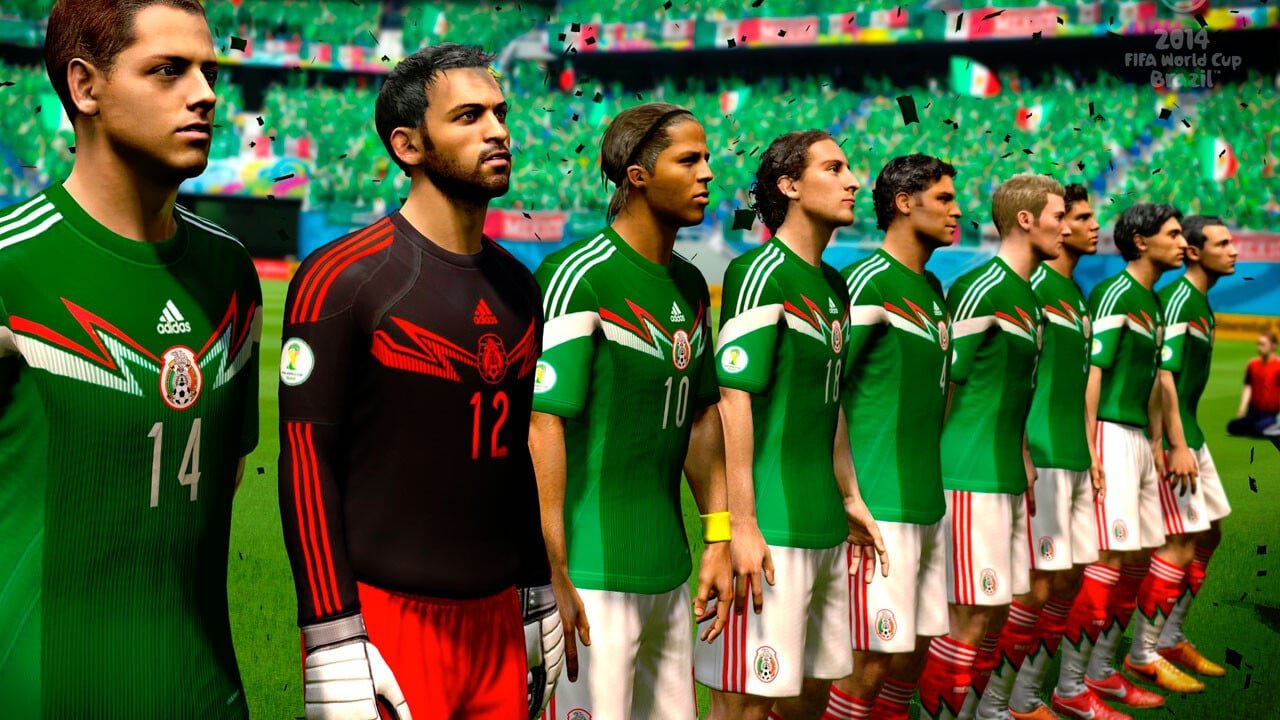Prior to the start of the 2014 World Cup, the developers at EA Sports simulated through 2014 FIFA World Cup Brazil their take on how the tournament would play out. They predicted Germany would prevail as the winners, beating the host nation Brazil in the finals after Extra Time. The final score would be 2-1; Brazil, despite emerging second place, would still be regarded with valor and tenacity. That’s not how it turned out in real life. Brazil lost terribly to Germany in the semifinal—the score being 7-1. Brazilian pride shattered, its citizens forced to walk on broken pieces.
Here’s the conundrum with sport game simulations—it’s not real, but we want it to be. Players construct through game engines the most realistic outcomes of sporting events in order to meet an expectation and fulfill a fantasy. Even with high-profile events such as the World Cup, the Internet is rife with game-simulated predictions, just to give viewers a context of how a certain game should end, which team members scored, and so on. Most people like to think of game simulations as “bets with virtual proof”—this team is going to win, and the player’s gaming dynamics will show you why.
Sometimes these simulations are right. In 2010, EA Sports was accurate in predicting Spain as the World Cup champions. They were also somewhat accurate in predicting German footballer Miroslav Klose’s goal would contribute to his team’s overall victory.
EA Sports weren’t the only ones to simulate the Brazil-Germany match. According to International Business Times, ESPN used FIFA ’14 to provide a virtual scenario of how the semifinal match was going to unfold. The same result: Germany beat the Brazilians 2-1. Users on YouTube also provided their own game simulations, with most users again predicting that 2-1 score result.
The only time game simulations work against creators is when reality hits hard.
This is in reference to real-life audience’s reactions. Human emotions speak volumes about a game’s real-life outcome, and simulations try but cannot truly mimic that experience. It would be hard to empathize with a crestfallen virtual fan than an actual teary-eyed one. Take the televised and photographed shots of Brazilian fans crying or angry over their team’s defeat, for example. Also, with regards to simulated human emotions in-game predictions, they are kept to a minimum. The characters are stiff, almost forced.
Granted, game simulations are fun, and are not to be taken seriously (or personally). EA Sports titles are usually at the epicenter of such simulations; you can credit them for such simulations as marketing and promotion genius. It’s likely the company would create simulate outcomes for other major sports events too, such as the Stanley Cup or the World Series. It’s all about exposure for EA Sports titles and—just to extend this point a bit—maintaining the idea that indeed, fantasy and reality are sometimes blurred, sometimes distinct.
One British website commented on how games simulation outcomes are at times irrefutable. During a trip to the Eaton Centre, two boys echoed the same sentiment. “The computer doesn’t lie,” the boy said to his friend. “If Germany wins, I’ll buy you a Guinness.”




